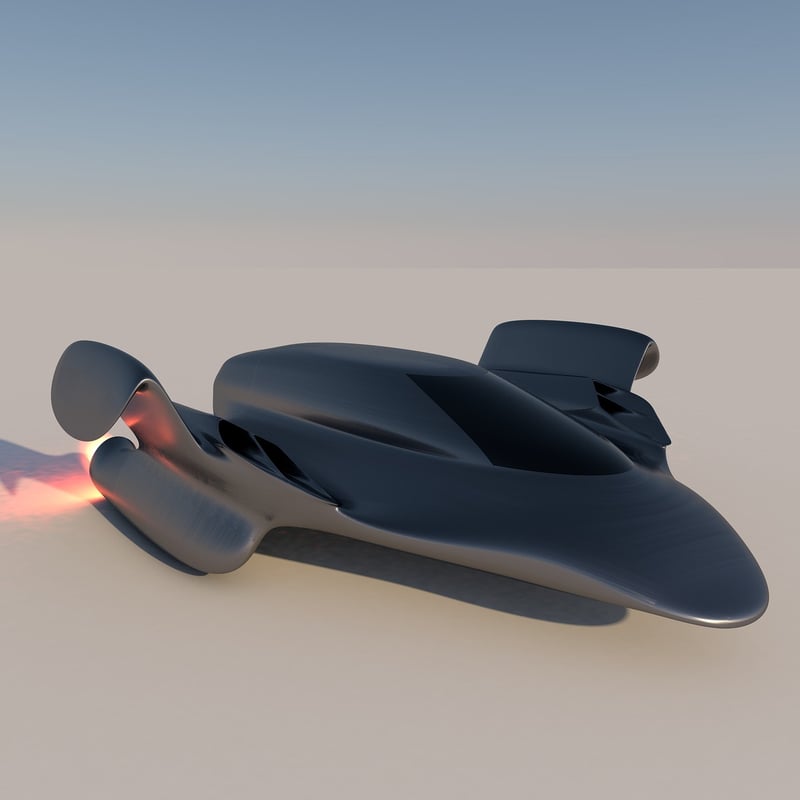Predestination Paradox
The Fascinating World of Time Conundrums and Predestination Paradox
Time travel has long been a popular concept in science fiction, captivating audiences with its mind-bending possibilities and paradoxes. Two common themes that often arise in time travel narratives are time conundrums and the predestination paradox. Let's delve into these intriguing concepts and explore how they challenge our understanding of causality and fate.
Time Conundrums
Time conundrums, also known as temporal paradoxes, are situations in which the past, present, and future become intertwined in complex and often contradictory ways. One famous example is the grandfather paradox, where a time traveler goes back in time and inadvertently prevents their grandparents from meeting, thus erasing their own existence. This raises the question: if the time traveler was never born, how could they have traveled back in time in the first place?
Another common time conundrum is the bootstrap paradox, where an object or information is sent back in time in a loop with no discernible origin. Imagine receiving a book from your future self, only to later travel back in time to give the same book to your past self. Where did the book truly originate?
Predestination Paradox
The predestination paradox, also known as a causal loop, occurs when an event is both the cause and the effect of itself. In simpler terms, it's a scenario where the future influences the past, which in turn creates the future. This creates a deterministic view of time where events are locked in a self-perpetuating cycle with no clear origin.
One classic example of the predestination paradox is the story of a person who travels back in time to give their past self a crucial piece of information, ensuring that they grow up to become the time traveler in the first place. This loop raises questions about free will, destiny, and the nature of causality.
Exploring the Uncharted Territory of Time
Time conundrums and predestination paradoxes challenge our traditional notions of cause and effect, linear time, and the concept of free will. While these concepts may seem like pure fiction, they spark fascinating philosophical debates about the nature of time itself and the limits of human understanding.
As we continue to explore the possibilities of time travel in literature, film, and scientific thought, we are reminded of the boundless creativity of the human imagination and the eternal allure of the unknown.

Whether you're a casual fan of time travel stories or a seasoned aficionado of temporal paradoxes, the world of time manipulation offers endless opportunities for exploration and contemplation. So buckle up, fellow travelers, as we journey through the twists and turns of time itself.
Remember, time may be a construct, but the wonder it inspires is very real.
